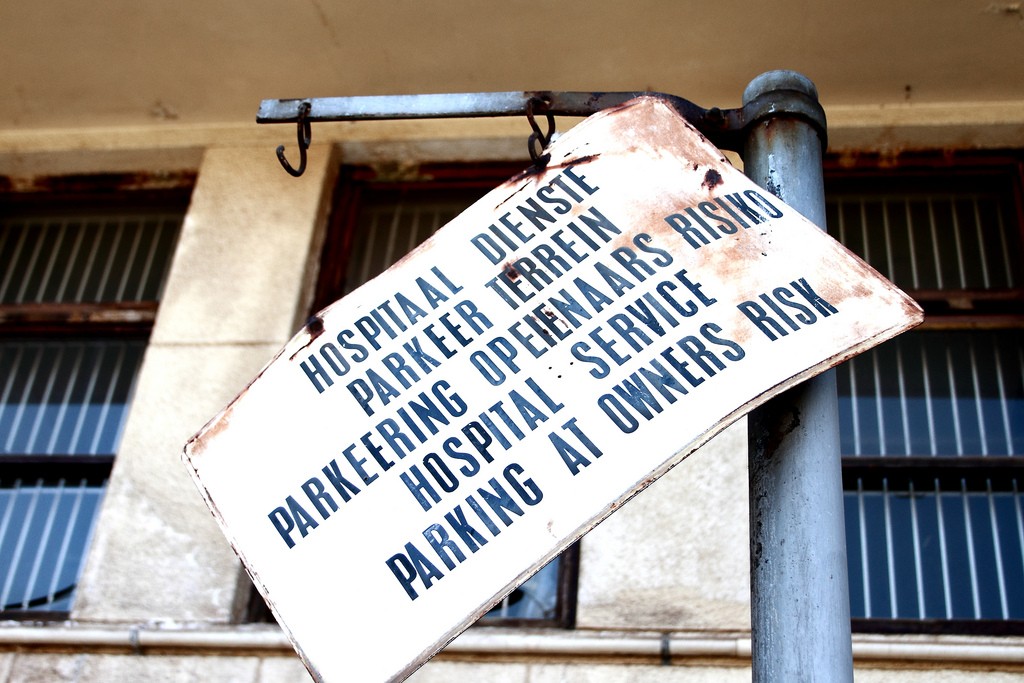Bonitas Medical Fund has entered into a partnership with Helios IT Solutions and international analytics software company FICO, which it says will place the scheme at the forefront of the fight against fraud, wastage and abuse.
“Fighting fraud is one of Bonitas’ top priorities and, in collaboration with our auditors, we have put a series of measures in place to ensure that the scheme is fraud resilient,” says Dr Bobby Ramasia, Bonitas’ principal executive officer.
“Bonitas already employs an arsenal of sophisticated strategies to deal with the challenge and significant progress has been made to enhance our prevention and detection capabilities. However, as fraud becomes more prevalent and sophisticated, so must the methods we use to combat it.”
 FICO uses big data and mathematical algorithms to detect irregular billing behaviour and their Insurance Fraud Manager solution has proven very effective in the context of medical aid fraud.
FICO uses big data and mathematical algorithms to detect irregular billing behaviour and their Insurance Fraud Manager solution has proven very effective in the context of medical aid fraud.
“The solution represents a quantum leap forward in detecting healthcare fraud and mitigating losses. A study conducted during 2014/15 demonstrates that potential savings of 8,7% of claims paid is achievable,” says Ramasia.
In terms of monetary value, healthcare fraud is one of the fastest growing and leading crimes in the country. It is also the most complex form of financial fraud to detect, monitor and prevent.
According to the Healthcare Forensic Management Unit (HFMU) of the Board of Healthcare Funders of Southern Africa (BHF), at least 7% of all medical aid claims in South Africa are fraudulent and the figure could be as high as 15%.
Medical aid claims amounted to R 124 billion in 2014 which means that fraud, abuse and wastage are potentially costing medical aids between R9 billion and R19 billion a year. That adds between R192 and R410 per month to every principal member’s medical aid contributions.
Bonitas scored a high 86% in assessment of its anti-fraud strategy carried out by the University of Portsmouth in the UK in 2014.
“The assessment indicates that indicates that Bonitas has been successful in restricting losses to about 3% of turnover. However, even at that relatively low percentage, fraud is costing the scheme over R260 million annually,” says Ramasia.
Fraud occurs at all levels along the healthcare delivery chain and involves employees, administrators, medical scheme members, providers of service as well as healthcare services providers. However the prevalence of fraud involving collusion between medical aid members and healthcare providers is increasing.
Ramasia explains that actual and potential fraud and abuse can be identified through patterns in transaction data, and that monitoring these patterns can lead to early detection and action.
The FICO solution uses an automated data driven approach which, through advanced predictive analytics and workflow models, is able to detect irregular claiming behaviour at both claim and service provider levels.
“Once potential fraud is detected, the case is investigated by our forensic specialists and the appropriate action is taken,” he says.
However, at the same time it is of the utmost importance that investigations maintain a high standard of ethics while adhering to the legal protocols and processes agreed to by the industry.
Fraud wastage and abuse of medical aid benefits is a serious challenge that seriously hampers efforts to solve one of the biggest challenges facing our country – providing affordable, quality healthcare to all South Africans.
Ramasia says that fraud has a negative impact on the entire healthcare industry and an integrated approach to fraud is essential. For that reason Bonitas works closely with the Healthcare Forensic Management Unit at BHF as well as the relevant statutory, regulatory and professional bodies.
“Bonitas supports the view that a collective approach to altering behaviour of those who act fraudulently or inappropriately will have the greatest impact.
“If perpetrators know that it is more likely that there will be consequences to their actions, they are less likely to commit fraud, wastage and abuse,” he concludes.
